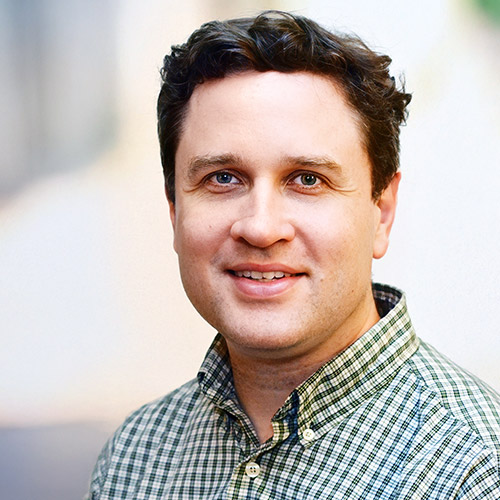
Robert Haas
VP, Chief Architect - Database Servers @ EnterpriseDB
Robert has been involved in the PostgreSQL project since 2008, first as a patch reviewer and committer and a later as a major developer. Prior to that, he was a PostgreSQL application developer for nearly ten years. Features he has worked on include incremental backup (16), backup compression, backup targets, and backup manifests (13-15), parallelism (9.4-11), the replacement of System V shared memory with anonymous shared memory (9.3), read and write scalability improvements (9.2), index-only scans (9.2), unlogged tables (9.1), and left join removal (9.0). He works at EnterpriseDB as VP, Chief Architect, Database Servers.
POSETTE 2025 Talk
Incremental Backup in PostgreSQL
In this talk, I'll discuss the incremental backup feature which I developed for PostgreSQL 17. The talk will discuss how we determine what data has changed, and why the chosen approach was selected. It will then review in some detail how incremental backups can be taken and restored.
Speaker
Interview
About the Speaker
-
What would you say is your superpower?
I'm reluctant to say that I have a superpower, because there are so many PostgreSQL contributors who are so talented, and no matter what I might pick there is probably someone who is a lot better at it than I am. But I'll say my superpower is figuring out how things could or did go wrong. I spend a lot of time analyzing other people's patches and trying to see how they might cause problems if they were committed, and I spend a lot of time analyzing other people's patches and my own and trying to come up with better designs that are less likely to go wrong. Also, when something really strange happens to an EDB customer, I sometimes get the call to figure out how that thing could possibly have happened, and I find it quite satisfying when I can successfully reconstruct what the chain of events must have been.
About the Talk
-
How do you balance technical depth with engaging storytelling in your conference presentations?
I try to imagine myself as a member of the audience. I try to think very carefully about what the audience likely already understands and make sure to introduce any other concepts that are needed as part of the talk, so that I don't lose people. At the same time, you can't explain everything in a short talk, so I try to figure out what concepts are absolutely essential and introduce only those, avoiding discussion of anything that I don't have time to cover in depth. I think that to keep the talk engaging it needs to feel like you are really learning something new and relevant with each new slide, so that's my goal.
About PostgreSQL
-
In your opinion, what are the most common pitfalls or mistakes developers make when working with PostgreSQL?
I think it's easy to underestimate how much there is to know about PostgreSQL. I've been part of the PostgreSQL development process since 2008 and a user of PostgreSQL for many years before that, and there's still a ton of stuff that I don't know or understand. Curiosity may have killed the cat, but it's a crucial resource for users and developers alike. You have to be willing to admit that there are things you don't know, and also to admit that those things are *worth* knowing, to really develop your skills.
-
PostgreSQL is open source, did that ever help you in anyway and how?
Yes! It allowed me to demonstrate my skills in a way that was visible to potential employers, including EDB, which in turn led to me getting a job working here!
About POSETTE & Events
-
What other PostgreSQL events in 2025 are you excited about and why?
I'm on the organizing team for 2025.pgconf.dev and I think it's a very important event for PostgreSQL. For the whole time I've been involved in the project, pgconf.dev, or its predecessor PGCon, has been the event that brings the most hackers together all in one place and lets us put a face to a name and talk through things that are too hard to discuss via email. I'm looking forward to the event and am grateful to all those who are supporting it in any way.
-
What would be helpful to know for a first-time speaker?
Don't succumb to imposter syndrome! Don't compare yourself to other speakers; it's not a competition. Everyone had to give their first conference talk at some point. Instead, focus on what you know that your audience might not know, and do your best to tell them something cool and interesting. If you're not sure whether the talk is cool and interesting, practice it in front of a test audience and get feedback. You might be surprised by the degree to which your fellow speakers, and the PostgreSQL community at large, want you to succeed. Chances are good that many of them are secretly rooting for you, and would be happy to give you help or feedback if asked. Look for ways to work with other people rather than competing against them.
Podcast Appearances
-
Why mentor Postgres developers with Robert Haas
Join the conversation
Use the hashtag #PosetteConf
